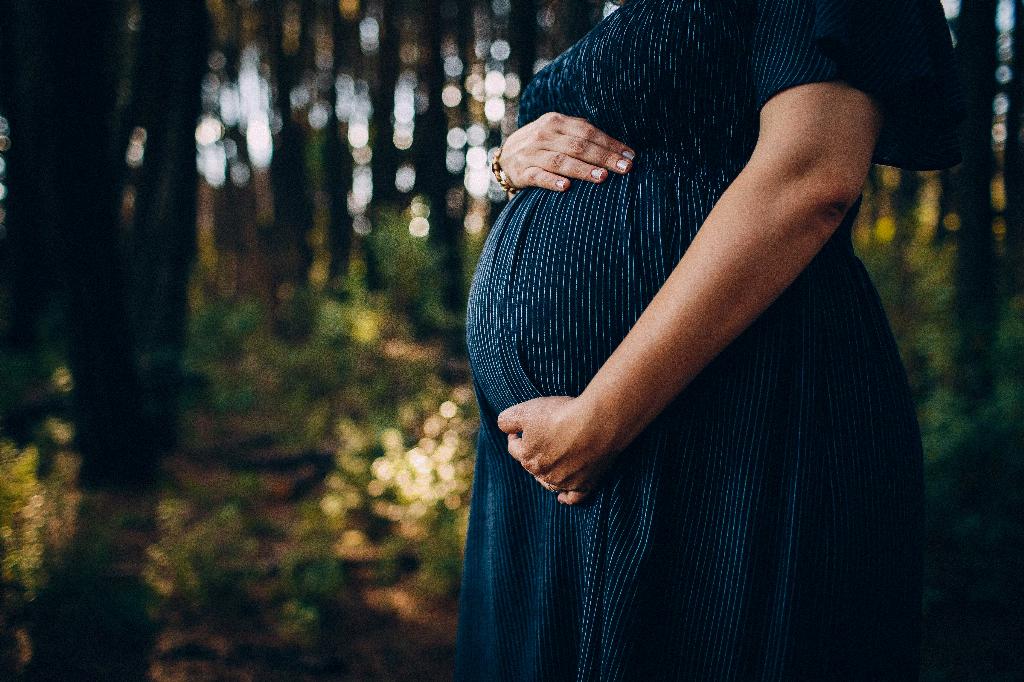During pregnancy, many women wonder about the effects of caffeine consumption on their growing baby. It’s crucial to understand when it may be best to limit or avoid caffeine altogether to ensure the health and well-being of both the mother and the baby.
According to the American College of Obstetricians and Gynecologists (ACOG), pregnant women are advised to limit their caffeine intake to less than 200 mg per day, which is roughly equivalent to about two six-ounce cups of coffee.
However, there are certain situations in which it may be beneficial to avoid caffeine entirely during pregnancy. One such scenario is if you have a history of miscarriage or a high-risk pregnancy. In these cases, it may be wise to err on the side of caution and avoid caffeine altogether.
Moreover, if you have been experiencing difficulty sleeping or are prone to anxiety, cutting out caffeine during pregnancy could help alleviate these symptoms. Caffeine is a stimulant that can interfere with sleep patterns and exacerbate feelings of anxiousness.
For pregnant women who have been diagnosed with gestational diabetes, avoiding or limiting caffeine intake may be recommended. Caffeine can impact blood sugar levels and managing blood glucose is important for the health of both the mother and the baby.
If you have been advised to reduce your overall daily fluid intake due to a medical condition, it may be advisable to avoid caffeine as it can act as a diuretic, potentially exacerbating dehydration.
Another consideration for avoiding caffeine in pregnancy is if you are taking certain medications that may interact negatively with caffeine. It’s essential to consult with your healthcare provider about any potential drug interactions before consuming caffeine.
Furthermore, if you are experiencing heart palpitations or increased heart rate during pregnancy, cutting out caffeine may help alleviate these symptoms. Caffeine can stimulate the heart, leading to palpitations in some individuals.
Additionally, if you are sensitive to caffeine or have a low tolerance for it, it may be best to avoid it during pregnancy. Some individuals may experience side effects such as jitteriness, headaches, or digestive issues even with small amounts of caffeine.
Women who are prone to urinary incontinence or frequent urination may also benefit from avoiding caffeine, as it can act as a bladder irritant and worsen these symptoms.
In conclusion, while moderate caffeine consumption is generally considered safe during pregnancy, there are certain situations in which avoiding caffeine altogether may be beneficial for the health and well-being of both the mother and the baby. It’s important to consult with your healthcare provider to determine the best course of action based on your individual circumstances.

